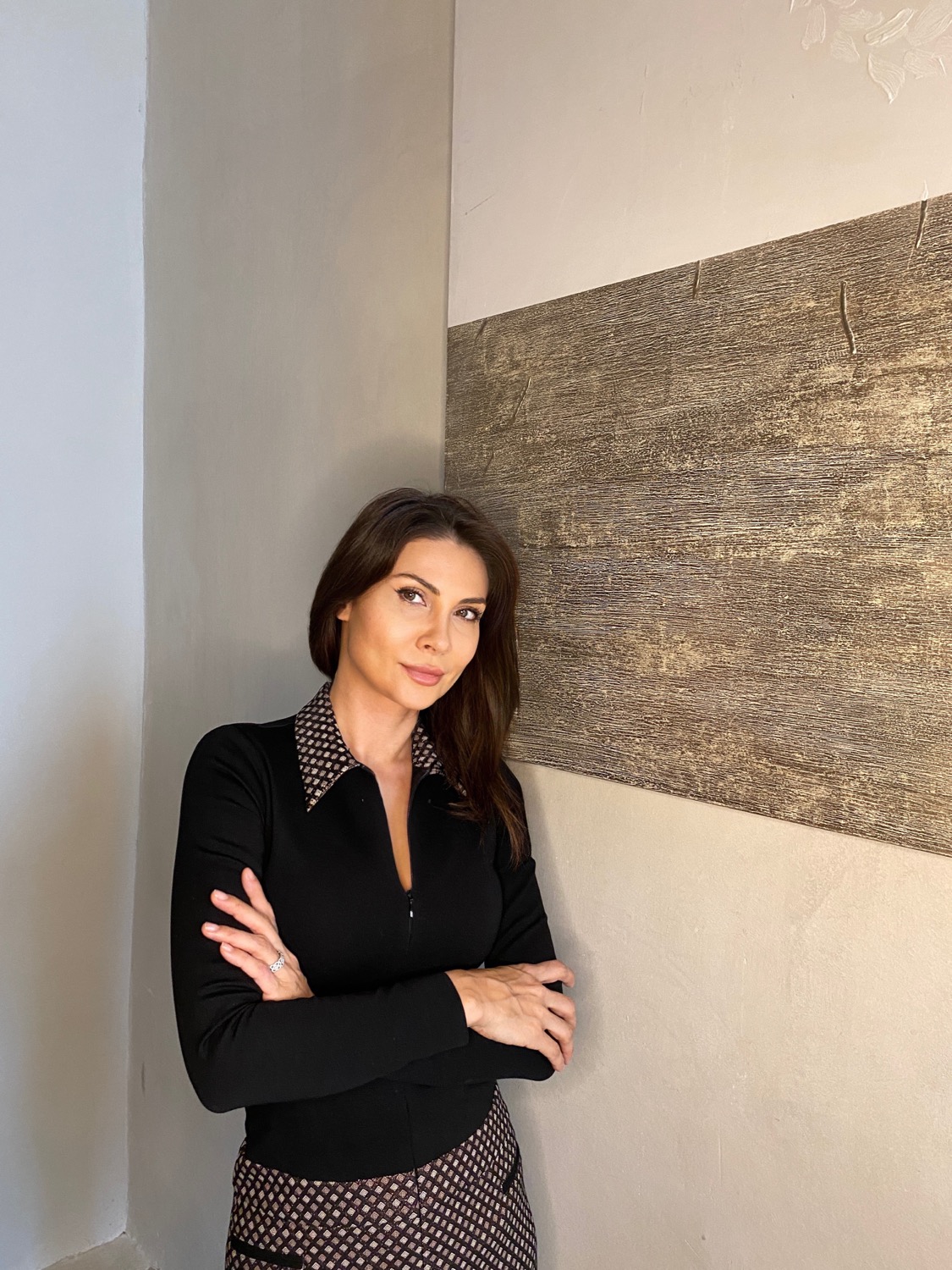NoPaperPost plans listing in Bahrain
- Irina Duisimbekova
- Nov 9, 2019
- 3 min read
By Staff Writer, Gulf Daily News
MANAMA: Capital infusion by a high-profile local investor has enabled a French-Bahrain legal tech joint venture to speed up expansion plans with an initial public offering (IPO) and listing on Bahrain Bourse on the anvil.
A provider of transmission and authentication of electronic transferable records, NoPaperPost is owned by a Bahrain-based holding company, which has secured Dr Shaikh Khalid Al Khalifa, founder and chairman of University College of Bahrain, as shareholder.
The company owns two specialised technical centres, the first in France for Europe and the second in the Bahrain for the GCC, and offers blockchain-secured electronic registered mail, document depository, contract signatures and large file transfers.
Commenting on the investment, Dr Shaikh Khalid said, “For me, the question was not whether the services offered by NoPaperPost were useful and necessary, but why no-one else had thought until now to market those services together. I’m enthusiastic about innovative technology that is useful for everyone and also determined to help it spread quickly throughout the world.”
According to NoPaperPost co-founder and partner Louis Belcolore, dematerialisation – the process of converting physical documents into electronic format – had not taken off as solutions thus far lacked rock-solid, secure technology – especially at the signature or data-stamping layer and the proof of delivery.
“The technology at the heart of the signature or stamping layer must be able to date-stamp data, verifying its authenticity and NoPaperPost had been able to do it through its unique patented concept,” he said.
Explaining the concept, he said a blockchain is a growing list of records, called blocks, which are linked using cryptography.
Each block contains a cryptographic hash of the previous block, a timestamp, and transaction data. By design, a blockchain is resistant to modification of the data.
It is “an open, distributed ledger that can record transactions between two parties efficiently and in a verifiable and permanent way”.
Legal experts, law firms, insurance brokers and real estate agents are the company’s primary target market, said Mr Belcolore.
It would also target the B2B and B2C mass market, key accounts (large companies, calls for tenders), for which it will make customised offers.
The founder has been enthused by the interest in the company and the concept from both investors and prospective users.
“The presence of Dr Shaikh Khalid as shareholder considerably increases the prestige of our company in the GCC zone and in the world,” he said.
“With Bahrainis as well as Europeans looking to partner with us, we have decided to significantly accelerate expansion and feel confident that we will go for an initial public offering of shares in the company by end of this year or early next year, which will be followed by listing on Bahrain Bourse.”
Bahrain-based advisory firm Licorne Gulf is a partner in the JV, and its co-founders Alexandre Katrangi and Irina Duisimbekova said NoPaperPost aims to use the kingdom as a gateway to the wider GCC market.
Mr Katrangi said electronic transferable records and transactions offer “unprecedented flexibility, speed, security and scope covering the entire gamut of electronic commerce and this was recognised when Bahrain became the first in the world last year to successfully deploy the Model Law on Electronic Transferable Records developed by the United Nations Commission on International Trade Law.”
He added that French businessman Laurent Camus has just been appointed chief executive of NoPaperPost France, specifically for developing key account acquisition in Europe, whereas Alain Blaise, a founder of technology asset finance and management companies, has been made the chief operating officer of NoPaperPost Bahrain.
Mr Blaise is shortly expected to announce a major update in NoPaperPost’s use of blockchain to further secure services.
The service went live in France last June and has been catering to companies, lawyers and entrepreneurs since.
NoPaperPost has settled on a ‘freemium’ business model: The basic service is free while the premium service is chargeable.
“Premium users would get additional features like stockpiling, task management, downloads, unalterable authentication among other benefits,” said Mr Katrangi.
avinash@gdn.com.bh
© Copyright 2019 www.gdnonline.com
Copyright 2019 Al Hilal Publishing and Marketing Group Provided by SyndiGate Media Inc. (Syndigate.info).






Comments